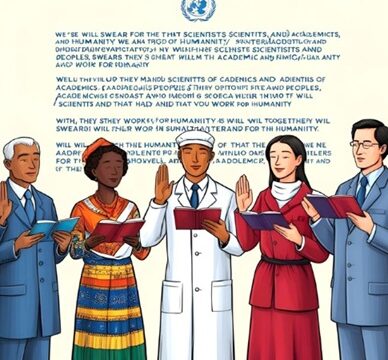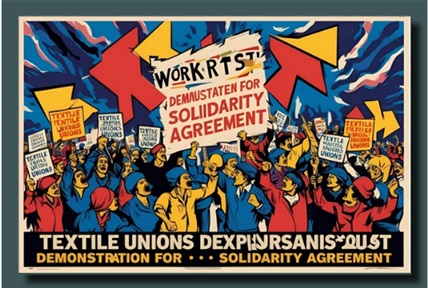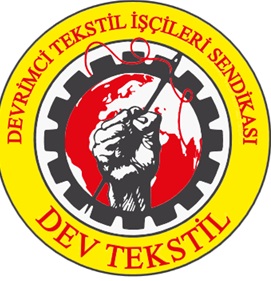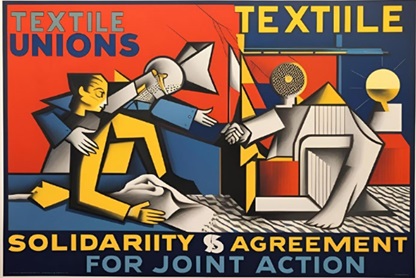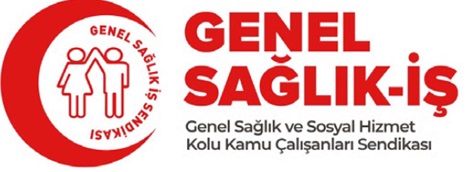Bilge Seçkin ÇETINKAYA
BIRTEK-SEN
In the face of increasingly integrated global supply chains, fragmented and localized labor resistance is no longer sufficient. From Turkey to India, from Bangladesh to Uganda and Nigeria, textile and garment workers are caught in the same web of exploitation—producing for the same brands, under similar conditions of precarity and repression. And yet, our struggles remain largely isolated. Our organizing is reactive. Our capacity to confront global capital remains constrained by borders, structural imbalances, and a lack of coordinated infrastructure.
As Birtek-Sen, an independent, grassroots union organizing in Turkey’s garment sector, we support the emergence of a transnational network of militant unions—rooted in local struggles but committed to building collective power beyond borders. This initiative is not about creating another NGO-style project, nor about replicating existing institutional structures. It is a political effort to reclaim internationalism from below: shaped by those who organize under conditions of risk, scarcity, and state repression.
The vision is simple but ambitious: to establish a shared infrastructure of knowledge, strategy, and rapid response that links local fights, tracks cross-border violations, and enables coordinated action against the concentrated power of global brands. Each union involved would contribute strategic baseline data from their context—mapping the structure of the textile and garment industry, the makeup of the workforce (with particular attention to women, migrants, and informal workers), the dominant brands and their sourcing patterns, levels of unionization and bargaining coverage, and recent episodes of repression or resistance. This knowledge would be collectively managed and regularly updated, forming the basis for shared analysis and action.
Such an infrastructure would allow us to trace patterns of abuse across geographies: a brand suppressing union rights in Uganda may be the same one profiting from child labor in Bangladesh or firing organizing workers in Turkey. By connecting these dots, we can craft campaigns that are not just reactive but strategic—naming names, building pressure, and reclaiming narrative power.
At the core of the proposal is a commitment to rapid response. When union leaders are arrested, strikes violently broken, or organizing crushed through mass dismissals, we must not wait. A 48-hour mechanism should be in place to issue joint statements, activate social media campaigns, produce visual solidarity content, and pressure brands and institutions through targeted letters and public interventions. This is not charity—it is political defense.
The network would be guided by several core principles: horizontal decision-making; knowledge flowing directly from workers and local researchers, unfiltered by corporate or technocratic intermediaries; shared visibility across all campaigns; and a firm commitment to placing the Global South not at the margins of solidarity, but at the center of analysis, leadership, and power.
At the same time, this network does not aim to isolate itself from the broader landscape of international labor actors. On the contrary, it seeks to collaborate strategically with global union federations, solidarity campaigns, research institutions, and even selected elements of the ethical trade infrastructure—provided that such cooperation is grounded in mutual respect for autonomy, and shaped by the realities and analysis of those organizing on the ground.
We believe this is not a parallel structure, but a necessary intervention: one that insists on the urgency of political coordination, not just technical alignment. In an era where capital moves faster than ever—reconfiguring supply chains, dodging accountability, and weaponizing crises—workers must organize with equal speed, clarity, and ambition.
We may not possess the media platforms or financial resources of the brands we confront. But we have each other. And if we build this right—based on shared knowledge, collective strategy, and mutual defense—we will not only resist exploitation. We will reshape the conditions under which it operates




